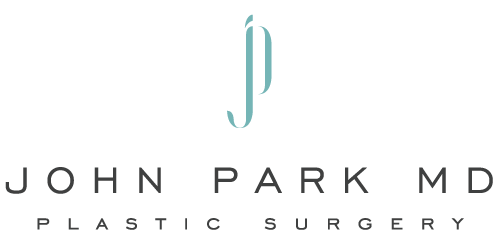
25 Oct Superhuman Healing: Can You Speed Up Your Recovery After Plastic Surgery?
Can You Lower Your Healing Time After Surgery?
Plastic surgery is a fantastic option for correcting a cosmetic issue or enhancing one’s look. Procedures like facelifts, neck lifts, and breast augmentation are growing in popularity. Yet, with any surgery comes a period of recovery. Patients will only begin to see and enjoy the results after the recovery period. These recovery times vary, and a common request by patients is the ability to reduce this window as much as possible. Patients can take some helpful steps before and after surgery to heal faster and get back to everyday activities.
Factors affecting recovery time
The type of surgical process significantly impacts the recovery time needed. Each procedure has a different level of invasiveness. Some methods require no downtime, while others have recovery periods that last several weeks or months. The more invasive a procedure, the longer the recovery time. Another factor is the skill of the surgeon performing the procedure. Experienced surgeons can use minimally invasive incisions, which lead to quicker recovery. Finally, the patient’s overall health will also affect recovery speed.
Follow the doctor’s instructions
Perhaps the most vital step of recovery is following the doctor’s orders. This means following any recommendations regarding diet, medication, and rest. This will help speed up the healing process and reduce the likelihood of complications during recovery. If the doctor recommends an eating plan or prescribes medications as part of the recovery plan, follow those recommendations strictly. More importantly, the doctor or medical team will instruct on proper wound care. If the patient ignores the instructions or is inconsistent, the chances of an infection increases. Infections can extend the recovery time or impact the final results. If any questions or concerns arise during the recovery period, don’t hesitate to ask.
Rest is best
Superhuman healing comes from superhuman rest. During the first few days after surgery, limiting physical activity is crucial to avoid causing unnecessary trauma to the body. Resting gives the incision enough time to heal rather than focusing on physical activities. Resting and sleeping also allow the body to recover some energy used during the surgery. Even under general anesthesia, the body is under some stress, and fatigue is expected during the early stages of recovery. Generally, doctors will recommend 2-4 weeks off work, depending on the procedure, to avoid complications. Heading straight back into a daily routine can prolong healing.
Have a healthy diet and supplements
Make sure to eat plenty of fruits and vegetables during the recovery period. These fresh foods will provide the vitamins and minerals necessary for the body to function and heal. Moreover, drinking plenty of water will keep the body well-hydrated and provide the energy and nutrients needed for proper recovery. Protein helps with muscle growth and recovery, while studies show collagen supplements help restore skin elasticity. Speak with the doctor or a registered dietitian for more help on eating for recovery
Superhuman effort not required
Healing in a few hours or days like a superhero is near impossible. However, faster recovery is very much possible. Some patients recover faster than others once simple steps are repeated daily. Rest, proper diet, and exercise should actually start in the weeks before surgery. Not only will the habit be already set, but the body will be stronger to undergo surgery. Follow the doctor’s orders, optimize for quality rest, and eat a healthy diet. These steps will help patients enjoy the benefits of surgery in no time.



